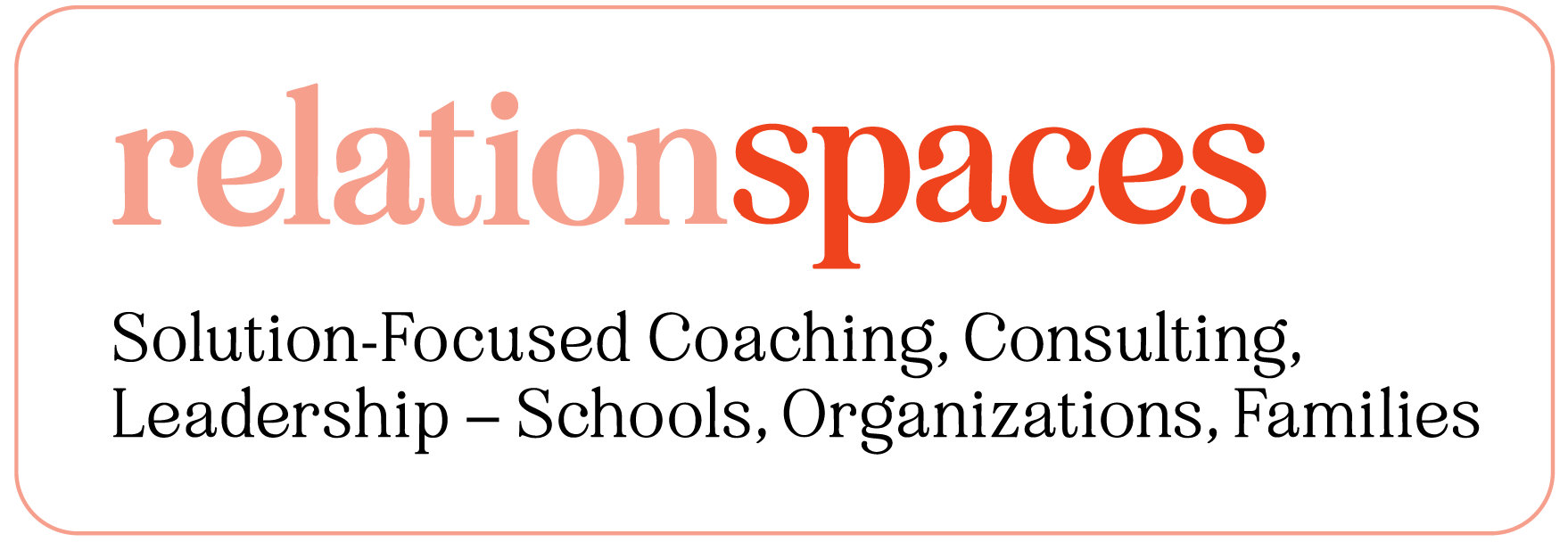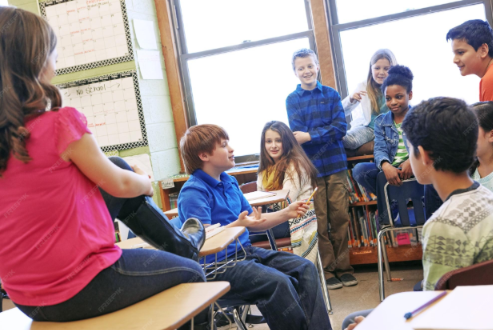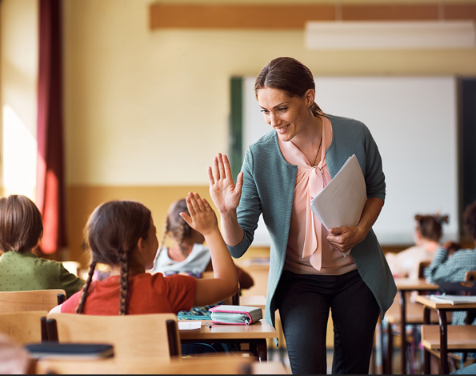At this time of year, some children in the world are preparing for the end of the school year. Others are preparing for mid-year winter holidays. Their teachers are anticipating a welcome break after months of planning, preparation and implementation of lessons, rigorous assessment and reporting, and management of specific student needs. In my years of teaching, we often referred to holidays not as opportunities to rest, but as periods to recover. As we navigated through the school year, we often overlooked the exhaustion we felt.
@Meg Durham deeply understands a teacher’s experience and has become a specialist in teacher wellbeing. @Tara Gretton and I had the pleasure of interviewing her on our podcast – A Call Across the Pond; Transforming Relationships at School, at Home and Beyond. As an educational well-being advocate in Australia, Meg (Open Mind Education), provides instructional leadership, training and mentoring in schools and school systems. Meg also has a wonderful podcast entitled The School of Wellbeing. We had an energized and critically important conversation about the need to prioritize wellbeing with teachers and in schools. The following is a glimpse of our conversation:
Meg’s Journey to Wellbeing Education
Like all fine teachers, Meg prioritized helping all students be the best they could be. Knowing that they needed a sense of safety and wellness in order to achieve success, she provided them with every opportunity to thrive in the classroom. She engaged them in authentic learning experiences to help them apply their learning, and dedicated herself to understanding their particular needs by actively listening to each of their stories. Meg stayed up late to plan and strategize how to maximize student effectiveness in class. Over time, and in developing her pedagogy, Meg began to ignore her personal needs.
Consistently tired and stressed, Meg realized that she was actually robbing her students of her best self. How could she teach wellness, when she herself was not nurturing her own? How could she continue to neglect her own basic needs, such as eating, sleeping, taking a break or even going to the washroom? How could she continue to ignore bringing joy, exercise and balance into her life? Unknowingly, Meg had accepted an unwritten conceptual understanding of the role of teacher – that an exceptional teacher is altruistic and neglecting of their personal wellness.
Recognizing how her own experience was shared by so many others, Meg took dedicated action to raise the relevance of wellbeing in schools. She is a fervent believer that when teachers connect with their own personal wellness, they actually become better advocates for their students. Yet when teachers are exhausted, they are unable to model a culture of wellbeing. ‘We can be with our young people and be well’, she said. ‘We don’t have to sacrifice everything to be a good teacher. We don’t have to keep giving like an ATM machine’.
Charging our Batteries
As a starting point to wellbeing, Meg emphasizes the need for teachers to ask themselves how they can begin to charge their own batteries.
Durham asks teachers 5 basic questions:
- In the last 24 hours have you had enough sleep?
- Have you moved your body on purpose?
- Have you nourished your body with healthy food?
- Have you had some rest during the day?
- Have you had some quality connection (generative connection that makes you laugh and smile)?
A charged personal battery allows teachers to feel better, to make productive decisions, to engage in quality relationships and to be better role models for their students. In this interview, Meg provides teachers with a conceptual understanding of why we hold back from nurturing ourselves, and how we can shift that type of thinking. She provides many helpful and practical strategies including personally courageous acts that break destructive patterns of behavior in our lives. For example, a teacher can choose to sleep instead of watching another episode, or wake up a bit earlier in the morning to take a brisk walk or have a healthy breakfast. Meg’s insights are grounding and affirming. We do not need to accept habitual practices that don’t serve us. When we contribute to our wellbeing, we develop the physical and emotional energy to positively explore our quality of life and relationships with family, school and community.
To continue learning from Meg Durham, check out this exciting PODCAST: A Call Across the Pond; Transforming Relationships at School, at Home and Beyond – With Tara Gretton and Vicky Essebag – Interview with Meg Durham
Thank you for reading this newsletter. Please let me know if you have any questions or comments. As well, let me know if you have any particular topics of interest, regarding relationships with children, in families, schools or in general. You can also subscribe to this newsletter on LinkedIn.



